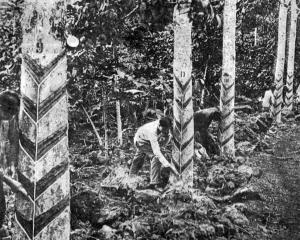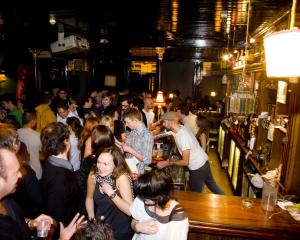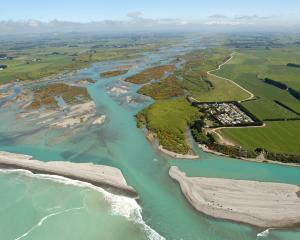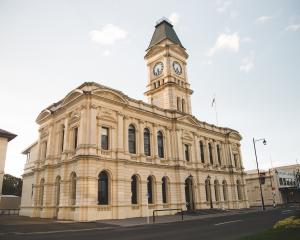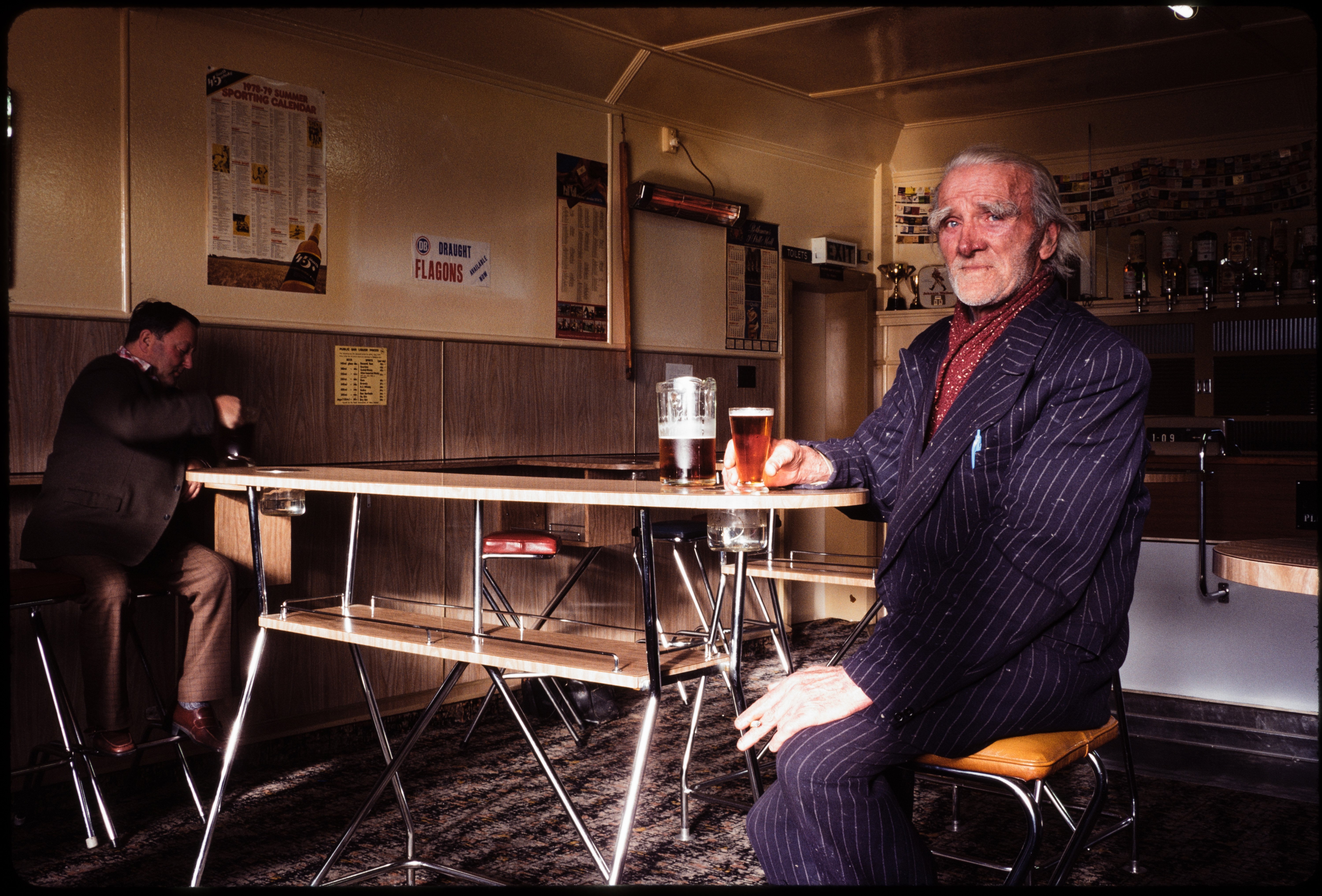
On April 17, 1874, Nicholas Coneys opened his pub at Portobello and tomorrow it will mark its 150th anniversary. The pub is a fascinating element in any town’s story and that’s the reason I spend so much time in pubs — ever the diligent student of social history.

In my early student days, history was of the great and good in medieval Europe or the wars and glories of the British Empire but I was drawn to local history. Even there, historians laboured earnestly to tell of the churches, the schools, the county council and the building of the war memorial. Indeed, there are some books in the majestic Otago centennial histories of 1948 which fail to mention pubs or publicans at all.
In more recent times, pubs have gained a small place in the sun, often as part of a survey of the temperance movement or as an adjunct to women’s history where the stories of the banning of barmaids and the widows who took over the husband’s licence are told.
But when you get stuck in to researching a pub’s past you realise that the publican, the pubs and the patrons are often the glue which holds the community spirit together. That’s what I found when I was asked to "do a book" about the 150 years of the Portobello Hotel.
Nicholas Coneys, I discovered, followed a familiar colonial path. Like many Irishmen he came to Otago to join the police force but was soon attracted to running a pub. At Portobello he became a booster — pushing for better roads and more ferry services. He died far too young and his widow, Johanna, carried on.
Before long, Portobello was Dunedin’s favourite resort and poet Thomas Bracken wrote: "When the visitor arrives at Portobello he will naturally wonder why Australians and New Zealanders rush to Europe and America for sight-seeing when they can find such beautiful scenes within their own doors."
Visitors were taken down to Portobello as a matter of course. The first British Lions and the first Southland rugby teams to play Otago lunched at the hotel; the world draughts champion challenged the locals to play him there; delegates from all over New Zealand and Australia in Dunedin for their big annual conferences were taken "down the bay".
A later publican donated land for a bowling club, and publicans were the backbone of support for the Peninsula A & P Show.
After a century and a-half the pub is a favourite stopping place for the tourists who explore Otago Peninsula but, despite the steady flow of visitors, the pub remains a local and it’s far enough away from traffic lights and supermarkets to retain the special ambience of "a country pub".
Fossicking for pub stories unearthed much of the way locals lived. On pension day, old-timers, funds replenished at the Post Office, would be at the bar at opening time. The publican knew his duty and always opened right on time.
I like to think that Alf Smart in the photo was enjoying taxpayer-funded smokes and a jug on a pension morning in 1979.
I was "up north" in those days and never knew Alf. Now, 45 years later, even the locals I asked know little of him. The local characters of more recent times have not been forgotten. Peninsula policeman for 30 years Lox Kellas remembers many.
"Jimmy Himburg, who used to organise the community singing in Dunedin in the 1930s, Jim Robbie, a no-nonsense master mariner who spent time on the transtasman run, as well as towing oil rigs all over the world with tugs. Jock Dick, a local and a prankster. Malcolm Sutherland was a marine engineer who kept Otakau Fisheries afloat and who employed a number of local lads who served their time under him."
Faye Webster grew up in the pub and with husband Ernie was publican for 20 years. Her girlhood introduced her to the ways of a country pub.
"In the days of the police flying squad I’d wake up in my bedroom to find it full of people. The bar would empty out and we would have all these people ‘staying the night’. There were people climbing up the fire escape throughout the night to wake us for their beer."
Barman Eddie Scott recalled various characters including, "a chap who would come in and sit by the window, smoke his pipe and proofread a book. Those in the bar loved the smell of the tobacco".
Well, at least my vice brought pleasure to others.
The Portobello pub brought pleasure to me as well and in an age when too many old-time pubs are closing, we need to celebrate the 150th birthday of one of the best.
— Jim Sullivan is a Patearoa writer.








